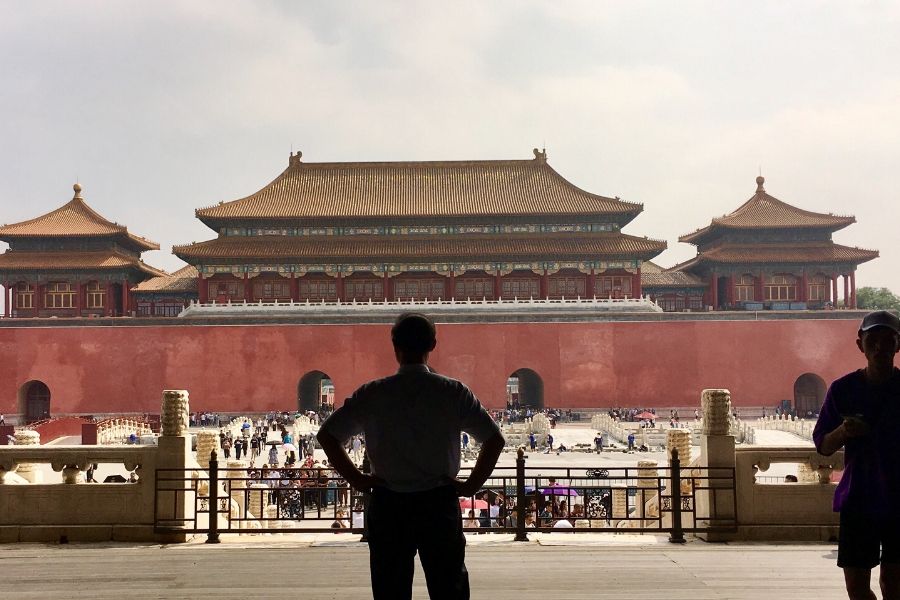
In order to urge the judgment debtor to fulfill the payment obligation determined in an effective legal instrument and also to prevent his/its property from being reduced by consumption, Chinese courts may restrict the judgment debtor on high-level consumption as well as the relevant consumption not necessary for livelihood or business operation.
According to the “Several Provisions of the Supreme People's Court on Restricting High Consumption and Relevant Consumption of the Judgment Debtors (2015 Amendment)” (关于限制被执行人高消费及有关消费的若干规定), we summarized seven (7) tips.
Related Posts:
- 7 Tips on China’s High-level Consumption Restrictions
- 7 Tips on the List of Dishonest Judgment Debtors in Chinese Courts
- How Does China’s System of Dishonest Judgment Debtors Operate?
- Scam Alert: Another Fake Record of Chinese Courts' High-level Consumption Restrictions?
- Restriction on High-level Consumption in China: Six Things You Need to Know
1. The judgment debtor will be restricted on consumption in any of the following two situations:
(1)If the judgment debtor fails to fulfill the payment obligation within the period specified in the notification of execution issued by the Court, the Court may take measures to restrict the consumption of the judgment debtor.
(2)The Court shall take measures to restrict the consumption of the judgment debtor who are included into the List of Dishonest Judgment Debtors.
2. There are nine categories of consumption, on which the restriction is taken against the judgment debtor:
(1) To take an airplane, take the soft berth of a train, or take the second-class berth or above of a steamship as the means of transportation;
(2)To have high consumption activities at star hotels, night clubs, golf courses, or other places;
(3) To purchase real estate, or build, expand, or luxuriously furnish houses;
(4) To rent high-end office buildings, hotels, apartments, or other places for conducting businesses;
(5) To purchase vehicles not necessary for business operations;
(6) To travel or take a vacation;
(7) To send his or her children to high-cost private schools;
(8) To purchase insurance and financial products by paying high premium;
(9) To take any seat in G-category high speed train, or take a seat of the business class or a higher class in any other high speed train, or to have any other consumption not necessary for livelihood or work.
3.If the judgment creditor proposed in writing to restrict high-level consumption of the judgment debtor, the Court may decide to take measures on restriction. When necessary, the Court may make a decision to restrict consumption of the judgment debtor on its own motion.
4. Where the Court decides to restrict the consumption of the judgment debtor, it should hand down the Order on Restriction of Consumption. The Order on Restriction of Consumption would specify the period, items, legal consequences and other matters concerning the restriction of consumption.
5. Where the judgment debtor is an entity, its legal representative, principal, persons directly responsible for debt performance or actual controller will also be subject to the same restrictions on consumption by the Court. Where they need to carry out such an act for personal affairs with their personal property, they may apply to the enforcement court for approval. After obtaining the approval, they can conduct such consumption activities.
6. Where the judgment debtor whose consumption is restricted needs to conduct the consumption activities limited or prohibited by the Court but necessary for livelihood or business operation, the judgment debtor could apply to the Court to lift restrictions on those consumption activities. Only after the Court approves the application, may the judgment debtor conduct such activities.
7. The Court shall lift the restriction of consumption in any of the following three circumstances:
(1) the judgment debtor provides reliable and valid guarantee;
(2) the judgment debtor completely has fulfilled the payment obligation determined in the effective legal instrument;
(3) the judgment creditor consents to lift the consumption restrictions of the judgment debtor.
If you would like to discuss with us about the post, or share your views and suggestions, please contact Ms. Meng Yu (meng.yu@chinajusticeobserver.com ).
If you wish to receive news and gain deep insights on Chinese judicial system, please feel free to subscribe to our newsletters (subscribe.chinajusticeobserver.com ).
Contributors: Guodong Du 杜国栋 , Meng Yu 余萌








